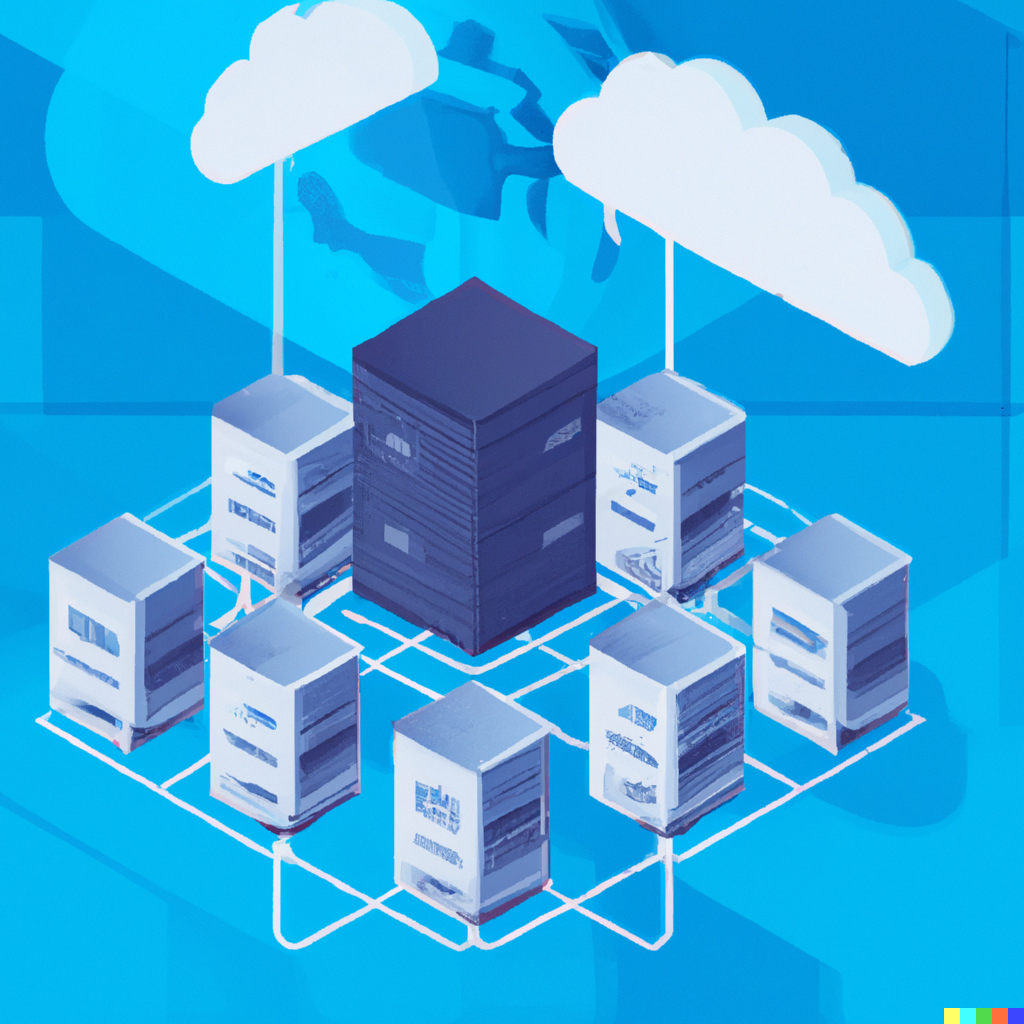February 19 | Data Technology

Data is often referred to as the "new oil" of the digital era. With the rapid expansion of digital services, the explosion of big data, and the rise of artificial intelligence (AI), Data Technology (DataTech) has become a critical element in shaping industries, businesses, and everyday life. In this blog, we explore the latest trends, challenges, and innovations in DataTech that are driving the future of data management and analytics.
DataTech has evolved significantly over the past few decades. Initially, data management revolved around relational databases and on-premises storage systems. However, with the emergence of cloud computing, real-time analytics, and artificial intelligence, the landscape has transformed dramatically. Today, businesses rely on advanced data solutions that provide scalability, security, and agility.
AI and machine learning (ML) have revolutionized data analytics by enabling automated insights, predictive analytics, and deep data processing. AI-driven solutions can identify patterns in massive datasets, allowing businesses to make data-driven decisions with unprecedented accuracy.
Cloud data platforms, such as Google BigQuery, Amazon Redshift, and Microsoft Azure Synapse, have become the backbone of modern data ecosystems. These platforms offer on-demand scalability, high-speed processing, and cost-effective solutions for businesses managing vast amounts of data. Hybrid storage solutions also bridge the gap between on-premises and cloud environments, ensuring seamless data management.
With increasing regulatory frameworks like GDPR, CCPA, and other data protection laws, data privacy and governance have become top priorities. Organizations are implementing robust data governance strategies to ensure compliance, security, and ethical data use.
The demand for real-time analytics has surged with the growth of IoT devices, financial trading systems, and real-time monitoring applications. Technologies such as Apache Kafka, Apache Flink, and event-driven architectures facilitate instantaneous data processing and insights.
Edge computing is gaining traction as businesses seek to process data closer to the source rather than relying solely on centralized cloud infrastructures. This approach reduces latency, enhances security, and improves operational efficiency in applications such as smart cities, autonomous vehicles, and industrial IoT.
Organizations are embracing data democratization by providing non-technical users with access to advanced analytics through self-service BI tools like Tableau, Power BI, and Looker. This trend empowers employees across all departments to leverage data-driven insights without requiring deep technical expertise.
Despite its rapid advancements, DataTech faces several challenges:
Looking ahead, several innovations will define the next era of DataTech:
DataTech continues to evolve at a rapid pace, offering immense opportunities for businesses and industries. Organizations that effectively leverage data technology will gain a competitive edge, enhance customer experiences, and drive innovation. As we move into the future, advancements in AI, cloud computing, and data governance will play a pivotal role in shaping the next generation of data-driven solutions.
SHARE THIS:
© Copyright 2026Global Tech AwardsAll Rights Reserved